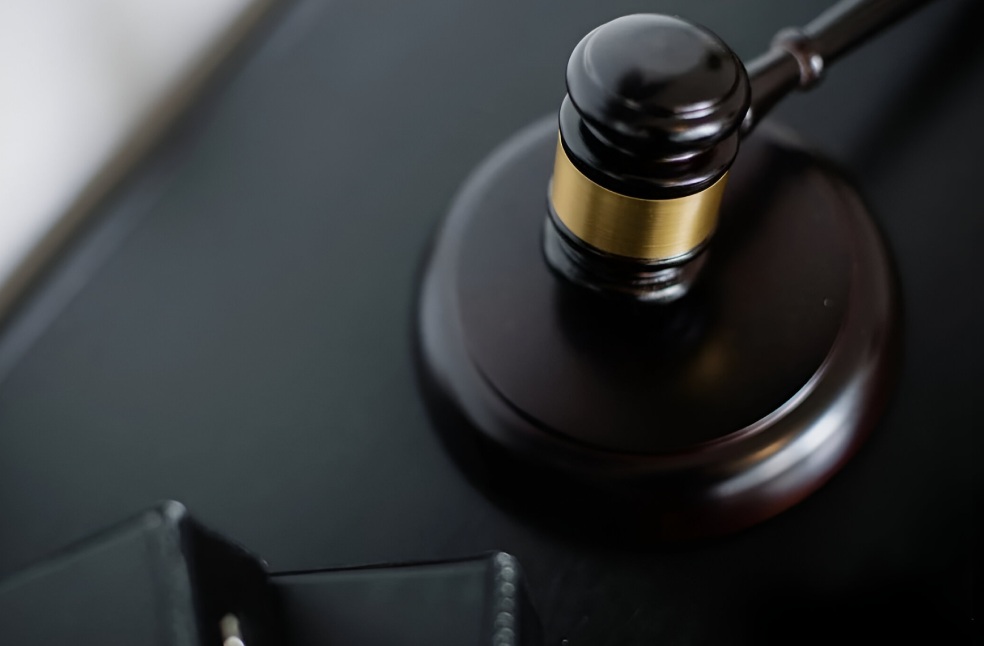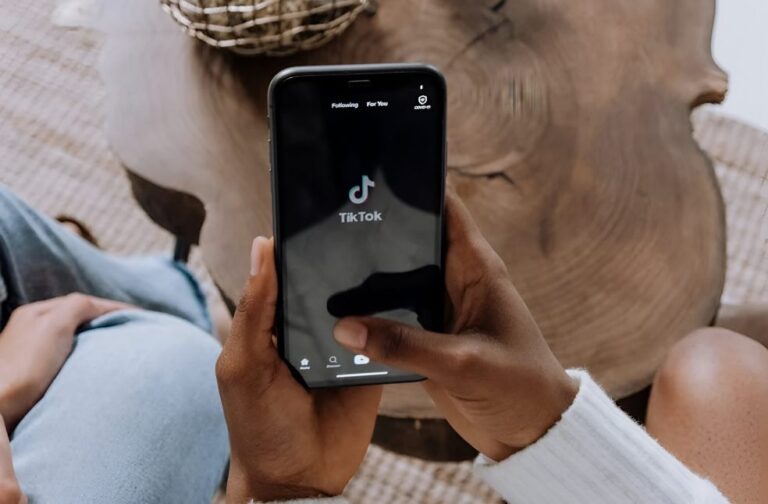United States: TikTok will argue its case before the US Supreme Court in a last-ditch effort to overturn a law threatening its operations in the country. The decision could have far-reaching implications for national security and free speech.
The popular social media platform has difficult legislation passed last year that mandates its separation from Chinese parent company ByteDance by January 19 or face a nationwide ban. The US government claims that TikTok poses a significant national security risk, citing concerns that China could exploit the platform for intelligence or political manipulation.
TikTok denies these allegations, claiming that it has been unfairly targeted. The company claims the measure infringes on the First Amendment rights of its 170 million American users. In its filing, TikTok has asked the Supreme Court to declare the law unconstitutional or to pause its enforcement for further review.
The case presents a complex clash between constitutional protections and government security measures. Lower courts have sided with the government, citing China’s track record of influencing private companies. A three-judge panel last December upheld the law, calling it a justified response to a “well-substantiated national security threat.”
Legal experts are divided on the potential outcome. Saurabh Vishnubhakat, a law professor at the Cardozo School of Law stated that, “When real government interests clash with constitutional values, the decisions are often very close. But in such cases, the government often gets the benefit of the doubt.”
A decision is expected within days, with significant consequences for TikTok’s future in the US. The case has taken an unusual turn with President-elect Donald Trump requesting a delay in enforcement. Trump, who previously called for banning TikTok during his first term, now opposes the law, aiming to address the issue through political negotiations. His legal team described the dispute as a “novel and difficult tension” between free speech and national security.

Trump’s stance contrasts with some of his allies, including Senator Marco Rubio, who supports the ban. Meanwhile, some prominent investors with connections to Trump, including former Treasury Secretary Steven Mnuchin, have voiced interest in acquiring TikTok if a sale proceeds.
The law does not outright ban TikTok but compels companies like Apple and Google to remove the app from their platforms, effectively curbing its growth. Analysts believe this could lead to its eventual demise in the US. TikTok is already banned on government devices in several countries and faces a full ban in India.
Advocacy groups, including the American Civil Liberties Union, argue that the government has not provided sufficient proof of immediate harm posed by TikTok. Meanwhile, critics of the app claim the issue is less about its content and more about the Chinese government’s ability to wield control over its operations.
The Supreme Court’s ruling will set a precedent for how the US balances free speech with national security in an increasingly digital world.



